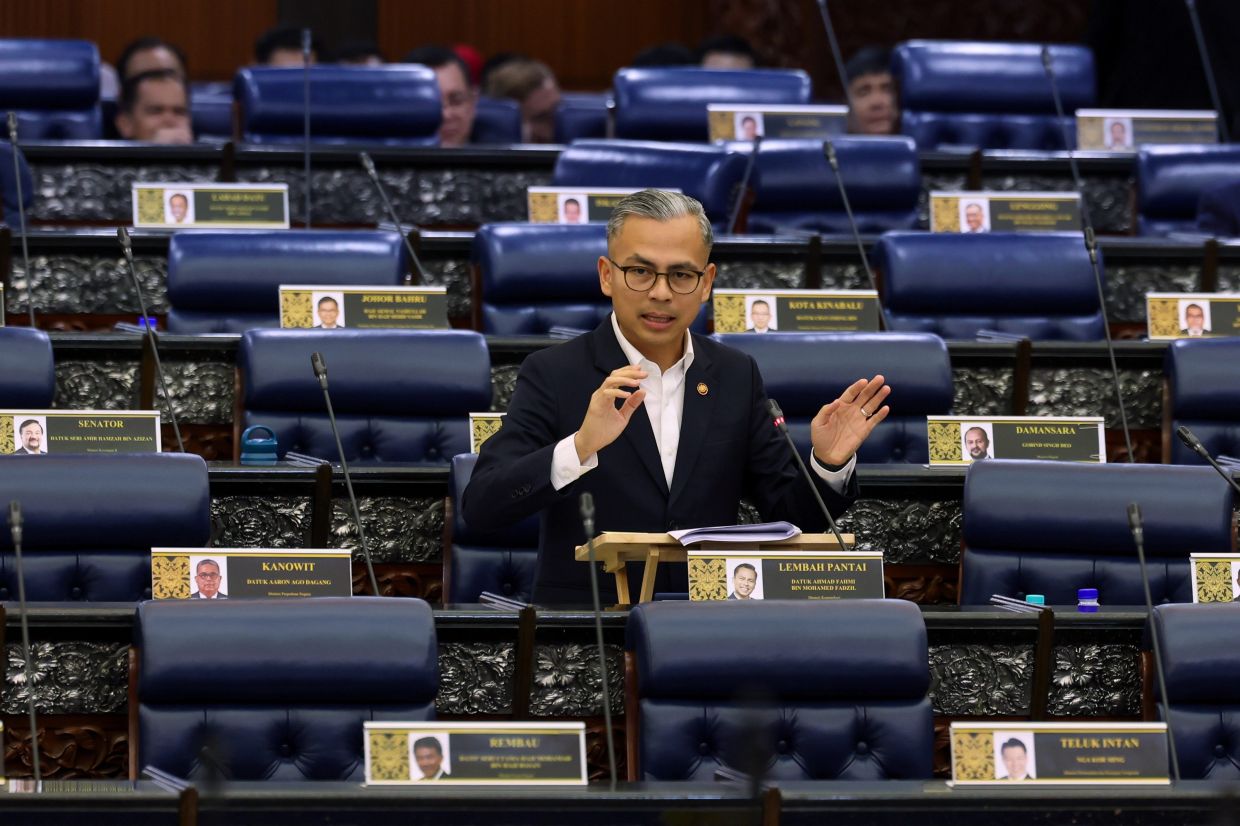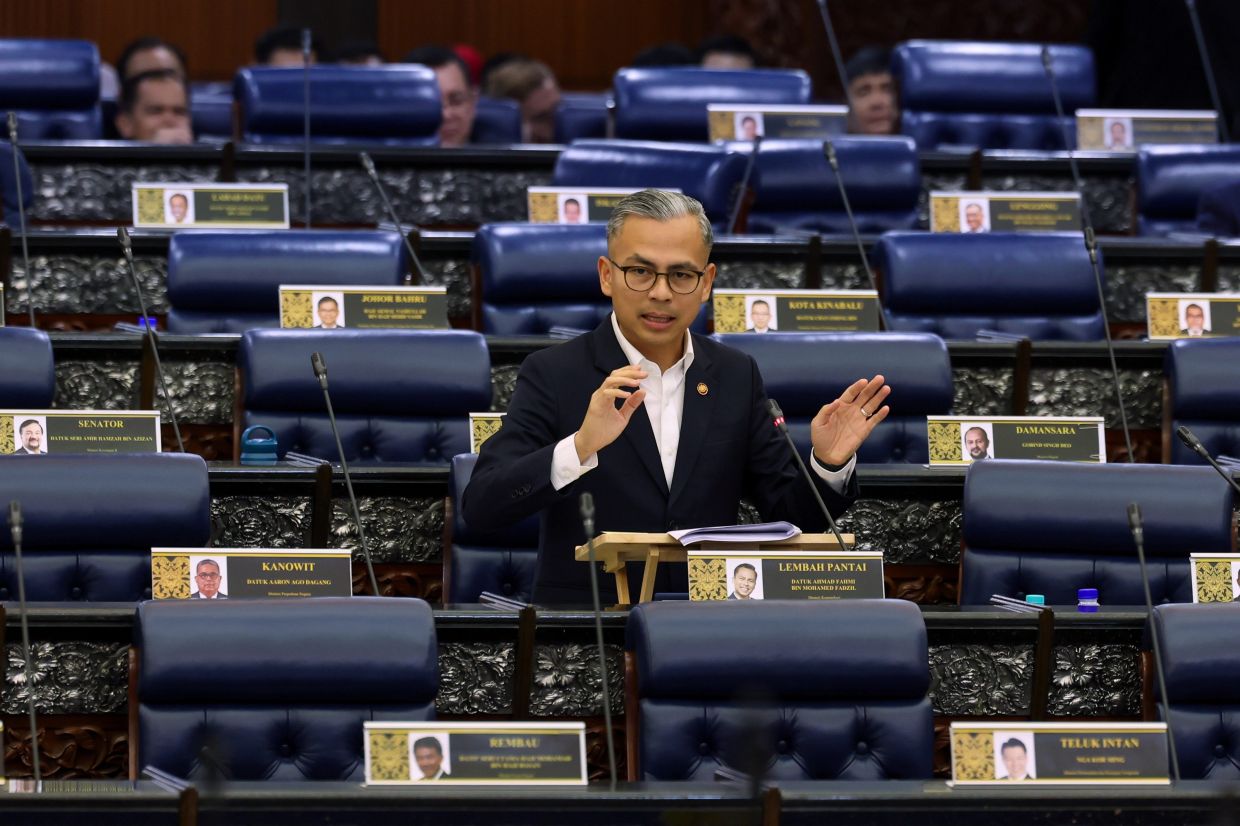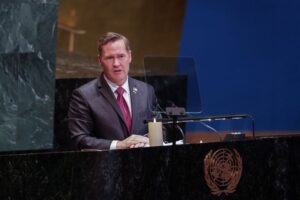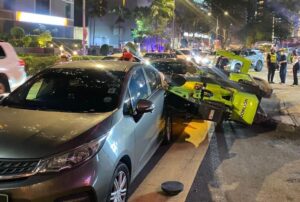
KUALA LUMPUR: Parents and guardians have been urged to monitor the online content consumed by their children, including the games they play.
Communications Minister Datuk Fahmi Fadzil said the government could impose licensing requirements or bans but said parents have a role to play.
“Devices are not nannies. Devices cannot replace parents,” he said when winding up debates on the Supply Bill 2026 in the Dewan Rakyat on Monday (Nov 3).
He urged parents to keep an eye on what their children are watching and playing online.
On Oct 27, a six-year-old boy was slashed by his nine-year-old elder brother in Kampung Parit Nipah, Batu Pahat.
Police said the elder brother allegedly got upset after he was interrupted when playing the online game Roblox, causing him to lose his progress.
Fahmi added that does not allow his children to play the game in question.
He also said that the Malaysian Communications and Multimedia Commission (MCMC) had identified 10 subsidiary instruments that would facilitate the implementation of the Online Safety Act 2025.
He said that the Online Safety Act applies to service providers such as social media platforms, game developers and similar, while the Communications and Multimedia Act 1998 applies to users.
“In essence, these platforms and entities must be licensed before the Act can be used on them. Do we have the ability to do so? Yes we do,” he said.
He added there were lobbyists trying to hamper government efforts to license such entities.
“Big tech companies are huge but they are not superior to our Constitution and laws. They can do business but they must comply with our laws,” he said.
Meanwhile, Dr Kelvin Yii (PH-Bandar Kuching) asked Fahmi if any would data be stored with licensed platforms or the government conducting age verification.
Fahmi replied that the Online Safety Act, Communications and Multimedia Act and Personal Data Protection Act 2010 would apply for such matters.
On another matter, Fahmi said the government has always upheld the principle of media freedom and guarantees the people’s right to freedom of expression as enshrined in Article 10(1)(a) of the Federal Constitution.
“However, this freedom of expression is not absolute. It must be exercised responsibly and ethically, taking into account the cultural and religious diversity that shapes Malaysian society. “Nevertheless, media freedom must be supported by a code of ethics to ensure it is not misused by irresponsible parties,” he said.






